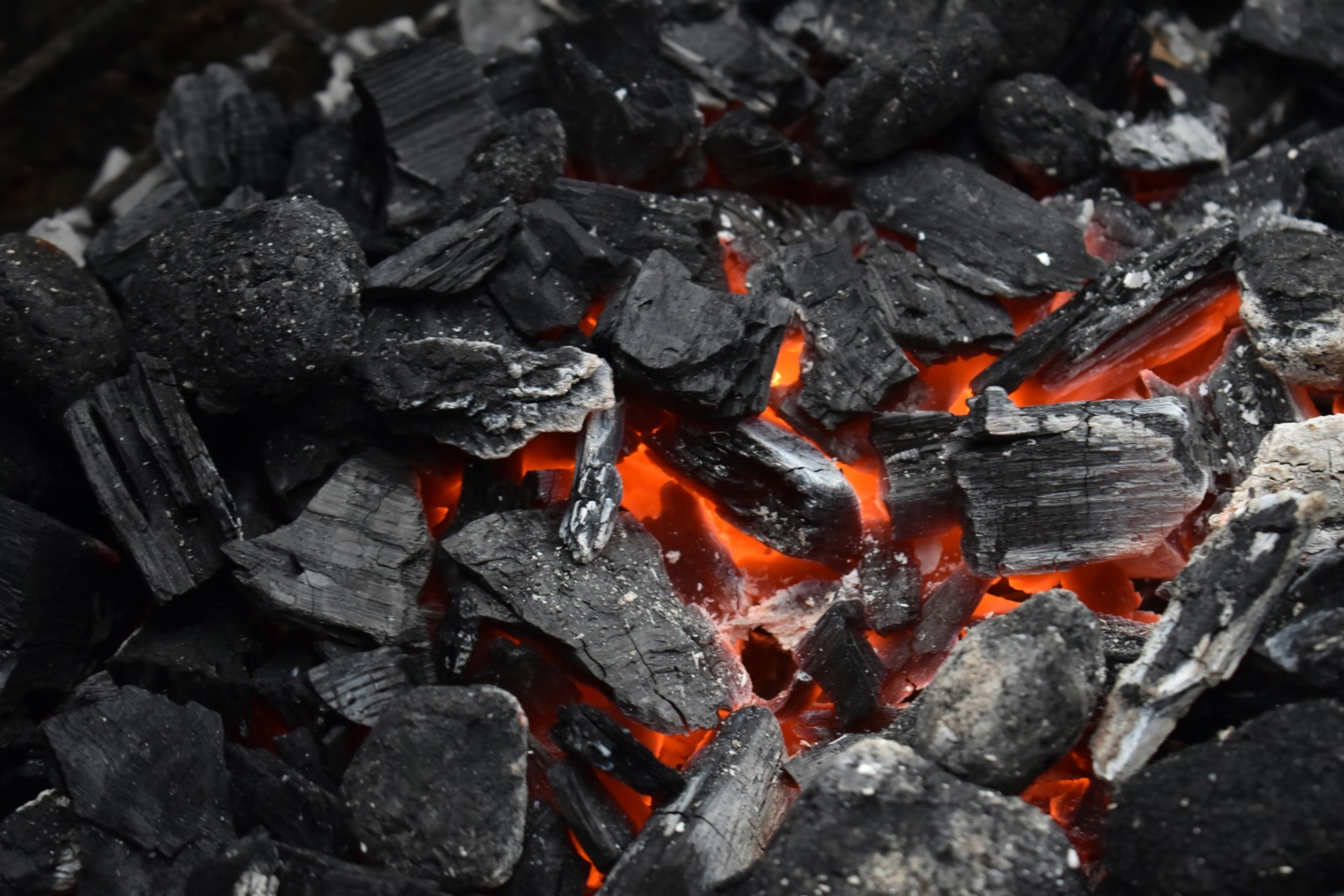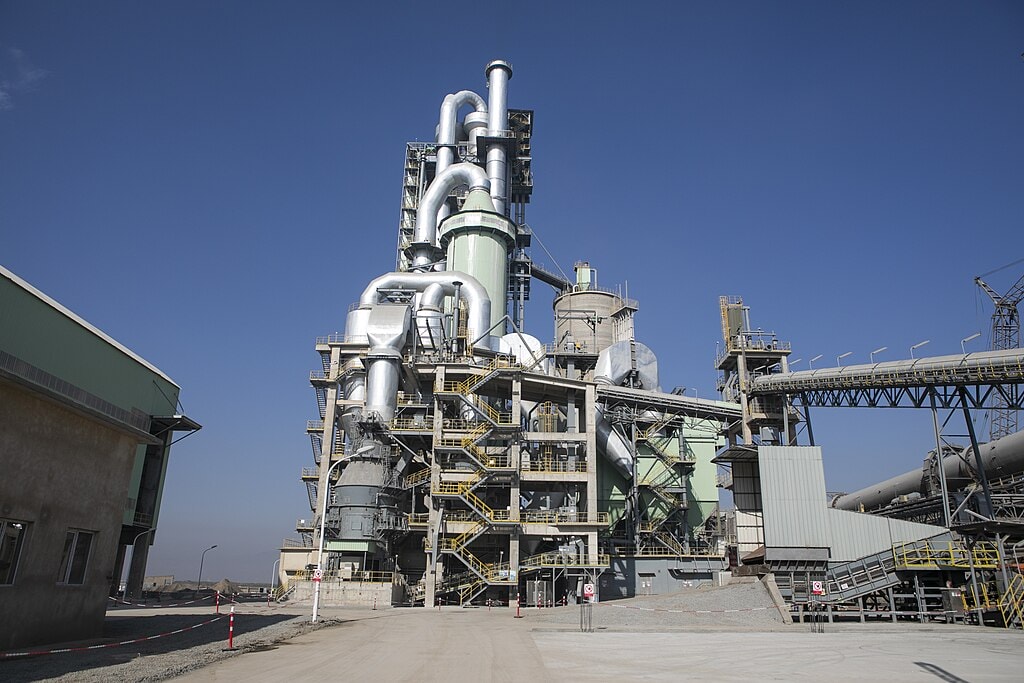In mid-July, the UK recorded temperatures of over 40°C for the first time in history. Records were broken in 46 different places, some of which observed temperatures almost 2°C higher than previous records.
As a new World Weather Attribution study now reveals, climate change has made this record-breaking heatwave in the UK at least 10 times more likely.
Study: Climate change made UK heat wave hotter, more likely https://t.co/Sy0vDgJL7u pic.twitter.com/h4EYRkGKbh
— The Hill (@thehill) July 28, 2022
The researchers also found that temperatures in Western Europe and the UK are rising more quickly than expected and predicted by climate simulation models.
“In Europe and other parts of the world we are seeing more and more record-breaking heatwaves causing extreme temperatures that have become hotter faster than in most climate models,” underlined Friederike Otto, senior climate lecturer at the Grantham Institute for Climate Change of the Imperial College London.
Naturally, this has raised serious concerns that the overall impact of heating our planet will be even more severe than we thought thus far.
“It’s a worrying finding that suggests that if carbon emissions are not rapidly cut, the consequences of climate change on extreme heat in Europe, which already is extremely deadly, could be even worse than we previously thought,” Otto added.
The study
Conducted by 21 scientists from South Africa, Germany, France, Switzerland, New Zealand, Denmark, the US, and the UK, the study analyzed “how human-induced climate change altered the likelihood and intensity of this heatwave in the [UK] region of the red alert warning (see Figure 1),” using published peer-reviewed methods.

“To estimate how much of these observed changes is attributable to human-caused climate change, we combine climate models with the observations,” the researchers explain, highlighting that “all models systematically underestimate the observed trends,” and that the combined results are “almost certainly too conservative.”
According to Otto, the scientists picked the UK precisely because it is an area “particularly unaccustomed to very high temperatures as the ones that we have seen last week.”
The findings
At the time of writing and as a result of the emissions human activities have been releasing, the world is about 1.2°C warmer than it was before the industrial revolution began in the late 19th century.
Based on climate model simulations, the study finds that the same record-breaking heatwave that punished the UK this month “would be about 2°C less hot in a 1.2°C cooler world.”
Based on historical weather records, on the other hand, the heatwave would be 4°C cooler had we not warmed the globe as much as we did.
40C in London in July 2022 would have been 36C without human-caused climate change – new rapid @wxrisk study highlights huge role of climate change in deadly heat. https://t.co/BFI8ejmobQ pic.twitter.com/zR65rqG9LK
— Dr Friederike Otto (@FrediOtto) July 29, 2022
But we did heat the world, and it is now 1.2°C warmer than it was in the 1800s. In this present climate, the likelihood of observing the temperatures recorded this July in London, Durham and Cranwell is estimated to be 1 in 500 years, 1 in 1000 years, and 1 in 1500 years, respectively.
Meanwhile, in a pre-industrialized, 1.2°C cooler world, the likelihood of recording the July temperatures would be “statistically impossible” in two out of the three places analyzed, the study shows.
Related Articles: Summer in Europe Like Never Before: Extreme Heat and Out-of-Control Wildfires – Heatwaves At The Poles Could Cause Sudden Climate Breakdown
By combining the results of observational and model analysis, the study concludes that human activity-induced climate change made the heatwaves in the UK at least 10 times more likely.
Met Office scientist Fraser Lott praised the study for confirming that climate change indeed profoundly impacts temperatures in the UK and makes extreme heat more likely.
“Two years ago, scientists at the UK Met Office found the chance of seeing 40°C in the UK was one in 100 in any given year, up from one in 1,000 in the natural climate. It has been sobering to see such an event happen so soon after that study, to see the raw data coming back from our weather stations,” Lott said.
Dangers of extreme heat and what we can do about them
In the height of summer, “heatwaves pose a substantial risk to human health and are potentially lethal,” the researchers write.
The risk, they add, is exacerbated not only by climate change but also by factors like aging population, urbanization, changing social structures, and levels of preparedness.
While the true impact of a heatwave cannot be known until weeks after the event as the study points out, so far the UK heatwave is estimated to have caused at least 13 deaths from drowning alone.
As to the total life loss related to the heat, preliminary analysis point to over 840 “extra deaths” in England and Wales in mid-July.
“On average, about 2,000 extra deaths in England are related to heat waves each year,” University of Bristol climate scientist Eunice Lo said. “It is important to stay hydrated, stay indoors or under shade and check on friends and family during a heat wave.”
In addition to disrupting transportation and causing fires that destroyed British homes, the 2022 heatwave in the UK also “brought challenging conditions for the NHS” and put care service providers under increased stress, write the study authors.
On the European level, Red Cross Climate Risk Advisor Roop Singh says “[h]eatwaves are the deadliest type of extreme weather event […] killing thousands each year.”
But, as he adds, they don’t have to be.
“Many of these deaths are preventable if adequate adaptation plans are in place. Without rapid and comprehensive adaptation and emissions cuts, the situation will only get worse,” Singh added (bolding added).
Hopefully, the new World Weather Attribution study can help convince British policymakers to begin taking the important and urgently-needed measures to cut emissions and prevent the planet from warming further; if not through data and common sense, then perhaps by providing grounds for legal action.
And hopefully, the study presents a model for further similar studies confirming the deadly impact of heatwaves in other areas of the world to help convince reluctant policymakers. The time for promises is past, now the public needs action.
Editor’s Note: The opinions expressed here by the authors are their own, not those of Impakter.com – In the Featured Photo: Firefighter at work. Featured Photo Credit: Rawpexel.













